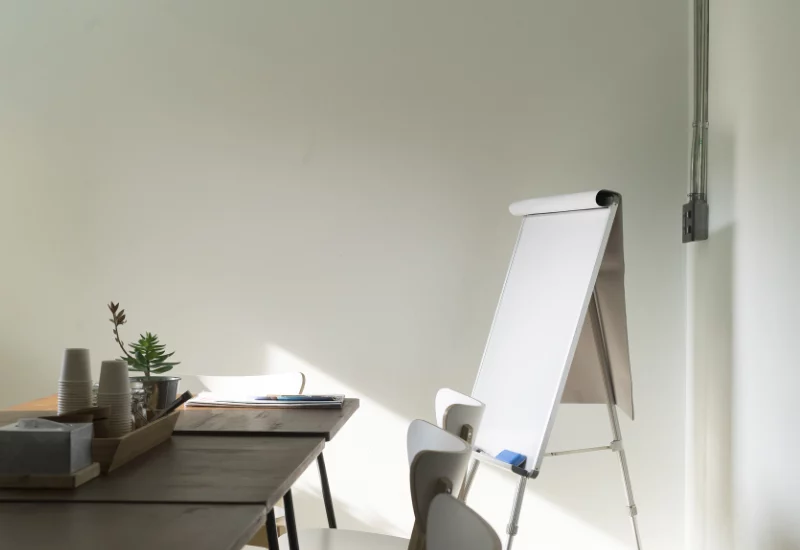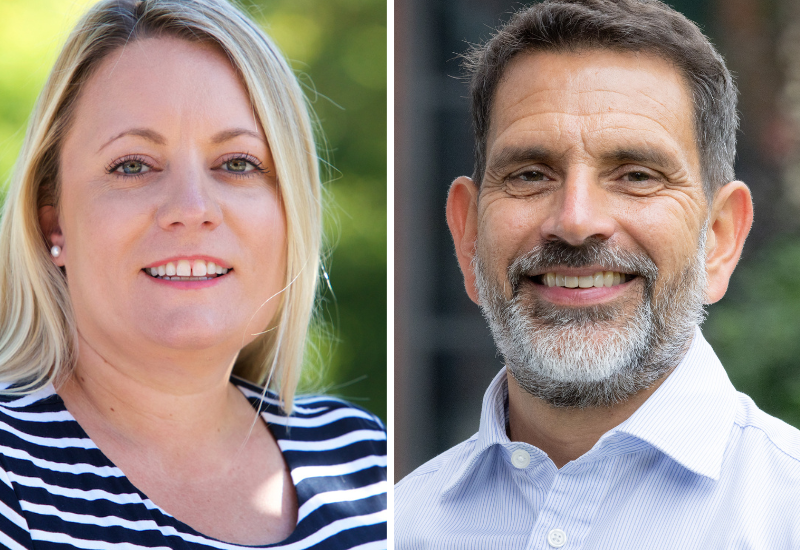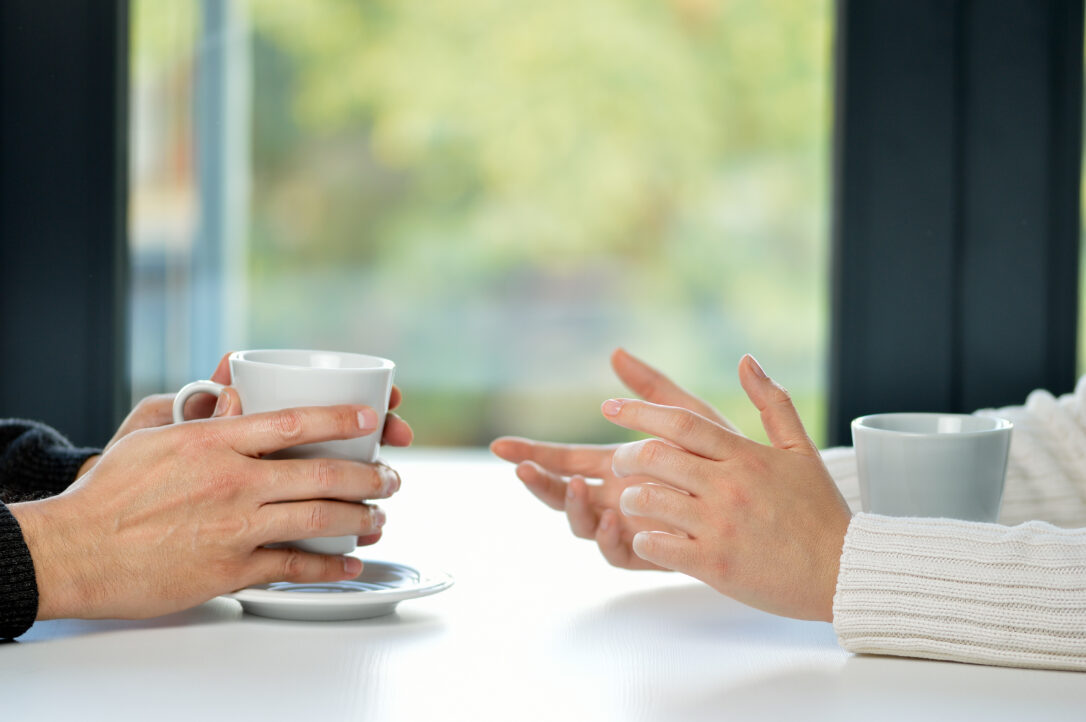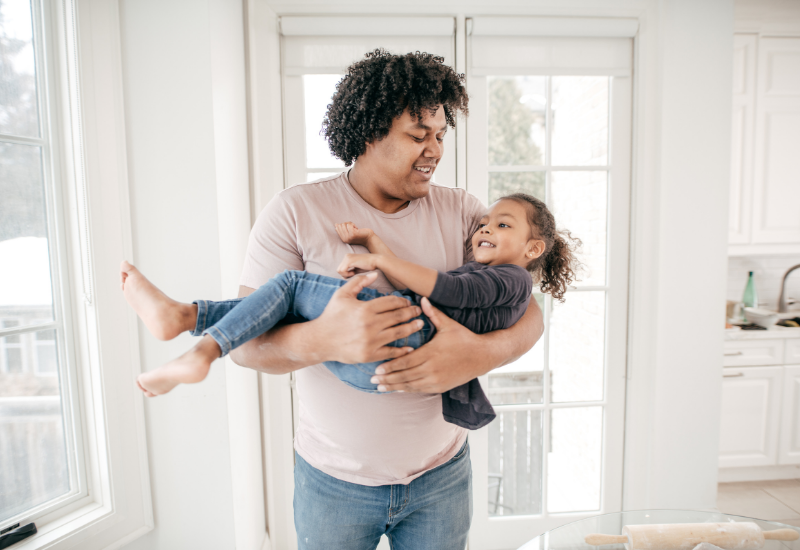- 19 Jan 2022
- •
- 3 min read
Family Mediation Week – Does domestic violence rule out mediation for separating couples?

When a relationship breaks down there can be many issues that need to be resolved – the arrangements for any children, financial matters and divorce proceedings.
Understandably, most people wish to avoid the Court process and often approach us to help them resolve matters in a mediation setting. Mediation is a great way to resolve matters, but it is not for everyone.
In mediation, both people need to feel comfortable and discussions will need to be balanced. This can be very difficult in situations where there is a history of domestic abuse and one person feels fearful or intimidated.
What happens at the beginning of the mediation process?
When a separating couple approaches us for mediation, we will arrange a meeting with each person before any joint sessions commence. The meeting is confidential and the individuals can talk freely and share any concerns they may have without their partner being present. It also provides an opportunity for the mediator to ascertain what has been going on and whether there has been any abuse. The mediator can also explain what protections can be put in place so that informed decisions can be made as to whether mediation is right for them.
Whilst domestic abuse can often mean mediation is not appropriate, it does not always rule out mediation. There are measures the mediator can put in place to ensure both individuals are safe. Shuttle mediation is a model whereby the couple do not come face to face but the mediator goes from one person to the other. Separate arrival and departure times can also be organised to make sure the couple do not see each other. We always ensure there is a ‘quiet’ room available so that if things get too much, one person can walk out and take a few minutes in the quiet room.
Setting ground rules during mediation
At the outset of any mediation, we always set ground rules. The mediator expects the couple to speak to each other with respect and to listen to each other. The mediator will take control of the discussion and ensure one person speaks at a time and that people do not talk over one another. Verbal abuse will not be tolerated and if it occurs, the mediator can bring the mediation to an end.
Safety in mediation
It is the mediator’s job to ensure both parties are safe. Just as mediation is voluntary for the parties, the mediator can also decide whether to take the mediation on or to suspend it part way though. If, following the initial meetings, the mediator does not think mediation will benefit the parties or that it could potentially cause further harm, the mediator can decline to mediate. This is particularly important in domestic abuse situations where one person is concerned they will be punished for refusing to go to mediation. This way, it can be the mediator’s ‘fault’ that the mediation does not take place. If mediation starts but the process deteriorates and the ground rules are not adhered to, the mediator can end the session.
Domestic abuse does not rule out mediation but it does add a complexity which means that all involved, the parties and the mediator, need to think very carefully about whether mediation is the best way to resolve any dispute.
As mediators, we want to help people resolve their disputes. If mediation is unlikely to be constructive, it should not take place and an alternative form of dispute resolution should be explored.
If you would like to find out more and to take advantage of the £500 voucher towards mediation services, please contact our Family Mediation Services team here or for further information contact us on 0800 2800 421 or click here.





